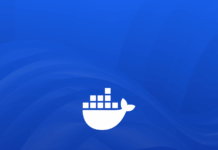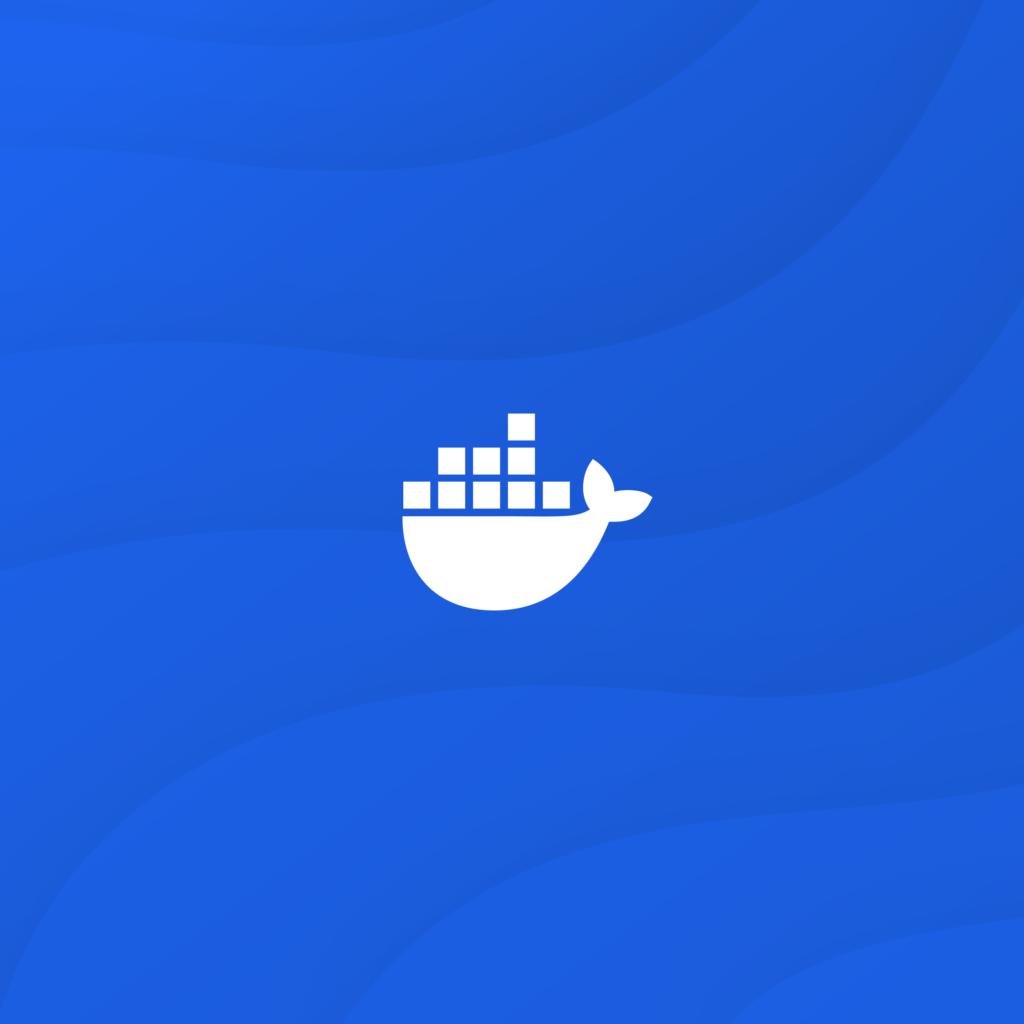In today’s fast-paced digital landscape, organizations are under immense pressure to keep up with rapid technological advancements. The need to innovate swiftly while maintaining security is more critical than ever. Development teams face a myriad of challenges, including intricate workflows, heightened security requirements, and the necessity for seamless collaboration across geographically dispersed environments. To navigate these hurdles effectively, teams require robust tools that enhance every phase of the Continuous Integration and Continuous Deployment (CI/CD) pipeline, from the initial development stages to final production.
Enter Docker: Revolutionizing Development Workflows
Docker stands as a pivotal solution in this realm. Although it initially gained fame for revolutionizing containerization, Docker has since expanded its capabilities significantly, evolving into a comprehensive suite of products designed to enhance cloud-native development workflows. Docker’s focus extends beyond mere containerization; it aims to equip developers with the means to build and deploy high-quality applications more swiftly and efficiently. By automating repetitive tasks, securing applications throughout their lifecycle, and fostering large-scale collaboration, Docker empowers developers, DevOps teams, and enterprise leaders to drive innovation, streamline processes, and create tangible value for their organizations.
Understanding Docker’s Core Functions
At its essence, Docker provides a suite of software development tools that boost productivity, enhance security, and seamlessly integrate with existing CI/CD pipelines. While Docker remains closely associated with containers, it has evolved into a multifaceted solution that supports the entire development lifecycle. This evolution allows teams to automate crucial tasks, improve the consistency of their work, and deliver applications with greater speed and security.
Below are some key benefits of Docker’s suite of products for both individual developers and large enterprises:
- Automation: Docker automates repetitive tasks within the development process, allowing developers to concentrate on writing code. Whether it’s building images, managing dependencies, or testing applications, Docker streamlines workflows and accelerates development cycles.
- Security: Security is integral to Docker’s offerings. The platform provides features like proactive vulnerability monitoring through Docker Scout and robust access control mechanisms. These security features reduce risks from malicious actors, Common Vulnerabilities and Exposures (CVEs), and other vulnerabilities.
- CI/CD Integration: Docker seamlessly integrates with existing CI/CD pipelines, enhancing the workflow from local development through testing and into production, ensuring the delivery of high-quality applications.
- Multi-cloud Compatibility: Docker supports flexible, multi-cloud development, enabling teams to build applications in one environment and migrate them to the cloud with minimal risk. This flexibility is crucial for businesses aiming to scale operations, increase cloud adoption, and transition from legacy applications.
Enhancing Team Efficiency and Business Value
Docker is crafted not only to empower individual developers but also to elevate team productivity and deliver substantial business value. By streamlining workflows, enhancing collaboration, and ensuring security, Docker facilitates the scaling of operations and the rapid delivery of impactful software.
Streamlined Development Processes
One of Docker’s primary objectives is to simplify development processes. Historically, repetitive tasks like environment setup, debugging, and dependency management consumed significant developer time. Docker eliminates these inefficiencies, enabling teams to focus on what truly matters: creating exceptional software. Tools such as Docker Desktop, Docker Hub, and Docker Build Cloud expedite build processes, while standardized environments reduce time spent on system inconsistencies, allowing more time for coding.
Enterprise-level Security and Governance
For enterprise decision-makers, security and governance are paramount. Docker addresses these concerns by offering comprehensive security features throughout the development lifecycle. Docker Scout proactively identifies potential security threats, ensuring vulnerabilities are addressed before reaching production. Additionally, Docker provides precise control over resource access within the platform, with features like Image Access Management (IAM) and Resource Access Management (RAM), balancing security with productivity.
Measurable Impact on Business Value
Docker’s value extends beyond improving the developer experience; it directly impacts financial outcomes. By automating repetitive tasks and enhancing CI/CD integration, Docker reduces operational costs while accelerating the delivery of reliable applications. Developers can work faster, iterate quickly, and produce more reliable software, leading to lower operational expenses and higher developer satisfaction.
Docker’s capacity to simplify workflows and secure applications allows developers to spend less time on troubleshooting and more time on innovation. For businesses, this leads to increased productivity and, ultimately, greater profitability.
Promoting Effective Collaboration
In modern development environments, teams are often spread across various locations, sometimes even spanning different time zones. Docker facilitates effective collaboration by providing standardized tools and environments, allowing teams to work seamlessly together regardless of location. Docker ensures that all team members are aligned on development, security, testing, and other critical aspects.
Consistent Environments for Team Workflows
One of Docker’s most powerful features is its ability to ensure consistency across development environments. A Docker container encapsulates an application along with its code, libraries, and dependencies, ensuring consistent operation across all systems. This standardization reduces errors caused by environment inconsistencies, making team collaboration smoother and more reliable.
Simplified CI/CD Pipelines
Docker enhances the developer’s inner loop by automating workflows and providing consistent environments, creating efficiencies that resonate throughout the entire software delivery pipeline. This efficiency is reinforced by features like advanced caching with Docker Build Cloud, consistent test environments with Testcontainers Cloud, and embedded security with Docker Scout. These tools, coupled with Docker’s standardized environments, enable developers to collaborate effectively, moving from code to production more swiftly and with fewer errors.
Embracing GenAI and Innovative Development
Docker equips developers to meet current demands while exploring future possibilities, including streamlining workflows for emerging AI/ML and GenAI applications. By simplifying the adoption of new AI/ML development tools, Docker empowers organizations to address present-day requirements while also tapping into emerging technologies. These innovations enable developers to write better code faster, reducing workflow complexity and allowing greater focus on innovation.
A Comprehensive Suite for Growth and Innovation
Docker is not merely a containerization tool; it is a comprehensive suite of software development tools that empower cloud-native teams to streamline workflows, enhance productivity, and deliver secure, scalable applications more rapidly. Whether you are an enterprise scaling workloads securely or a development team seeking speed and consistency, Docker’s integrated suite offers the tools to accelerate innovation while maintaining control.
Ready to unlock Docker’s full potential? Explore Docker’s range of solutions and discover how it can transform your development processes today. If you seek hands-on guidance, Docker’s experts are available to assist — learn how Docker can drive success for your team.
Take the next step toward building smarter, more efficient applications. Let’s scale, secure, and streamline your workflows together. For further insights and resources, visit Docker’s official website.
For more Information, Refer to this article.


































